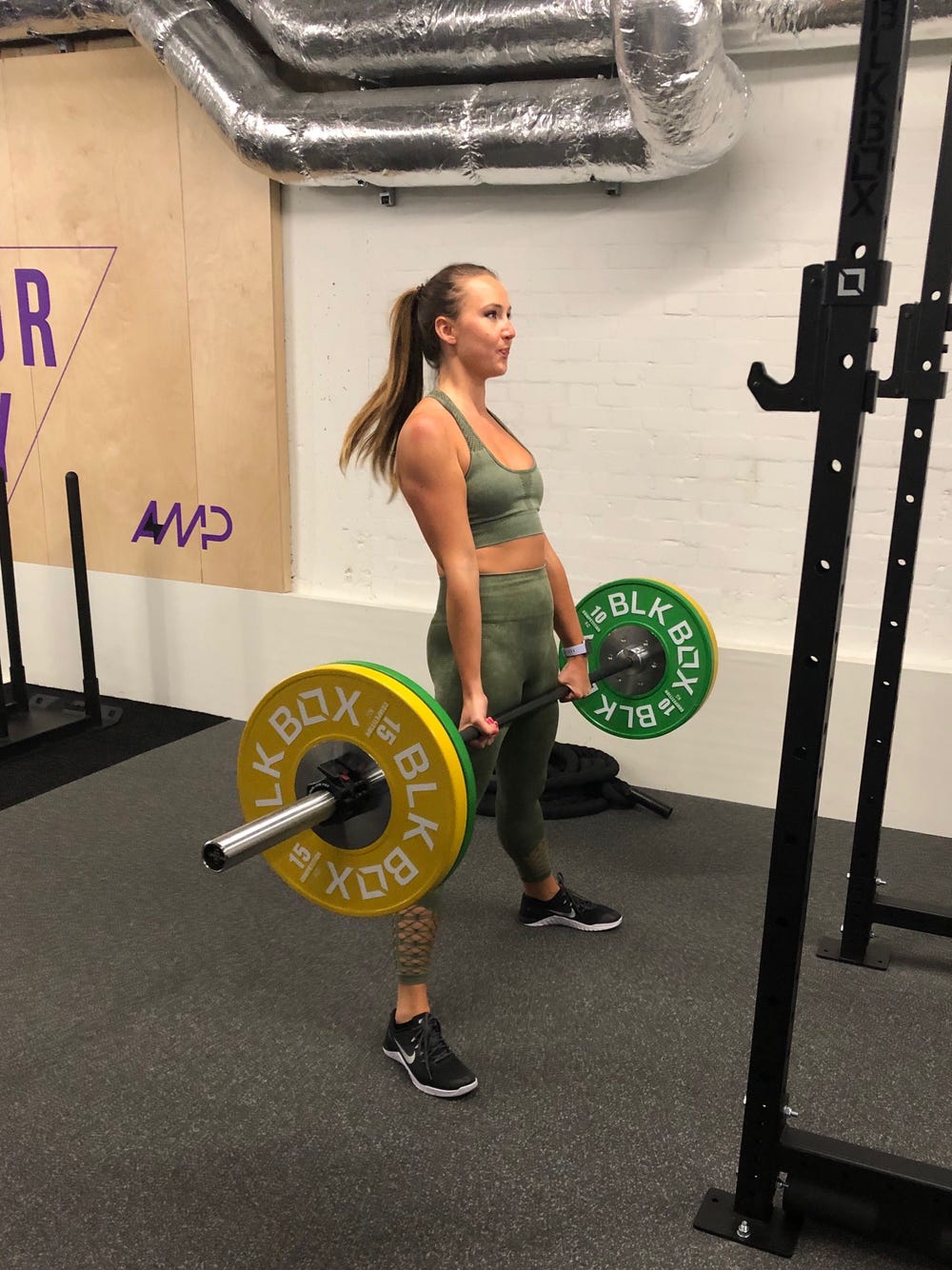
Did you know that some types of skiing burn more calories then others? This article will discuss the differences between cross-country and downhill skiing, and the physical demands that each requires. Off-piste skiing can also increase your calorie burning. This type of skiing is more challenging than traditional ski, so you'll burn more calories. If you're considering taking up skiing as a new sport, read on for tips on how to maximize your skiing workout.
Uphill skiing burns far more calories
Skiing is best done uphill than downhill. But, there are many factors that can affect how you lose calories while skiing. Understanding these factors can help you maximize your training and make the most of your skiing experience. Here are some things you should consider:
Cross-country skiers can typically burn around 550 calories per hour. Skate skiing can burn more calories than any other form of skiing and can consume up to 1,100 calories each hour. Nordic skiing can be a more intense form of skiing than standard. It burns about the same calories as a regular skier. Nordic skiing requires you to hike up steep hills. Nordic skiing burns as much as running so include moderate calories into your daily diet.

Downhill skiing burns a lot more calories
The amount of calories burned when skiing depends on many factors and can vary considerably from person to person. As it includes both aerobic as well anaerobic activities, downhill skiing can be one of the most effective winter sports in terms of calorie burning. Harvard Medical School's research has shown that a person with a body weight of around 155 pounds can burn around 532 calories during an hour of downhill ski. The number of calories that are burned during this activity directly correlates with body weight. This is why overweight skiers should pay attention to their diet when planning their skiing schedule.
Experts recommend beginners spend an hour skiing on the slopes prior to learning downhill. Skiers should focus on dynamic turns that engage their core muscles and increase their flexibility. Poles can be used to help them gain momentum on the mountain. Although beginners burn less calories per hour than those who are more skilled, they will still burn more calories overall. You can get the most from your downhill skiing sessions by following a specific fitness program.
Cross-country skiing is more caloric than downhill skiing
Cross-country skiing is a great way to burn more calories when you ski. For a 150-pound person, the same effort required by a skilled cross-country skier can result in 500 calories per hour. While downhill skiing pushes your core to the max, cross-country skiing requires you to constantly push forward, meaning that you'll burn more calories in less time.
Harvard Health Publications states that cross-country skiing can burn approximately 1,000 calories per hour. This is more than double the calories from downhill skiing. You can also ski on snowshoes. Depending on the difficulty level, the average person can expect to burn between 380 and 500 calories per hour. CPA can only give estimates for certain sports such as freestyle skiing.

Off-piste is a type of skiing that requires more effort.
Off-piste Skiing requires more technical skill and more confidence when adapting to mountain conditions. Skiing off-piste requires a wide range of techniques. These include short turns and controlling speed within narrow corridors. You can start with the easiest terrain, then move to steeper slopes. When you keep challenging yourself, your mental and physical skills will improve and you will be able turn better.
Off-piste skiing requires specific equipment, like wider skis for powder and stiffer skis for harder snow. Powder turns are easier if your skis are larger than usual. In crusty snow, it's important to understand how to keep your weight evenly distributed on both skis. You will need to sit upright on hard-packed snow. Your weight should also be evenly distributed on each ski. You should also slow down and be deliberate when handling thin snow or rocks. Proper training can help you develop these skills.
FAQ
How to make an exercise plan?
First, create a routine. It's important to have a plan for each day. This helps you plan ahead and avoid procrastination.
A second important thing to do is ensure you have lots of variety when it comes to your exercise routine. Avoid becoming bored with exercise. If you do, it will be difficult to keep going.
Keep track of your progress. It is important to keep track of how much weight you have lost and gained over time.
It is easy to lose motivation after you have lost weight. On the other hand, if you gain too much weight, it becomes harder to stay motivated.
You should find a balance between weight gain and weight loss. You'll find it harder to exercise if you don't like where you are at the moment.
What can I have in the morning when I'm intermittently fasting?
Water should be consumed first thing in the AM. It will help you feel fuller, faster, and it will give you energy throughout your day. If you want to add flavor, try adding lemon juice or cucumber slices.
How long does it take to lose weight?
It takes time to lose weight. It usually takes six months to lose 10% of your total weight.
Remember that you should not expect to lose weight in a matter of hours. Your body takes time to adapt to new diets.
This means that you should gradually change your diet over several days or weeks.
Also, you should stop taking fad diets because most of them don't work. Instead, change your daily routine.
If you are a regular shopper of unhealthy snacks, it is a good idea to stop.
Instead, you should eat healthier meals earlier in the evening. You'll be able to eat healthier meals earlier in the evening, and you won't snack later at night.
A good habit to follow is to drink plenty of water throughout your day. Water helps to keep your body hydrated and prevents dehydration. Dehydration can make you feel tired and weak.
Drinking lots of water throughout the day can help you stay energized, focused, and alert.
Finally, you should reduce stress levels by doing things that relax you. Spending time with loved one could help you reduce stress.
You could also read books, watch movies or listen to music.
These activities will help relieve stress. They will also improve your mood, self-esteem, and overall well-being.
When you are trying to lose weight, it is important to consider your health first.
Your physical fitness level is an indicator of your overall health. Proper nutrition and regular exercise are essential to staying fit.
Is cardio a way to quickly lose weight?
Cardio exercises can be great for burning calories but not necessarily helping you lose weight. It depends on how fat you have and what exercise you do.
Cardio exercises may not work if you are obese.
You should combine them with dieting or other types exercise.
For instance, if you want to lose weight fast, you should perform cardio exercises like jogging or running. These exercises burn more calories than any other form of exercise.
However, resistance training is required if you wish to build muscles and not lose weight. Resistance training involves using free weights, machines, bands, elastic bands, etc.
For fast weight loss, combine cardio with resistance training.
You need to combine cardio and resistance training in order to lose weight quickly.
Can I eat fruits during intermittent fasting?
You can't go wrong with fruits. They are rich sources of vitamins, minerals. Fiber, antioxidants, as well other nutrients. They also contain sugar, which can lead to blood glucose levels rising. This can lead insulin resistance and weight increase. If you're looking to lose weight with an IF diet then you should choose fruits that are low in glycemic.
Does intermittent fasting affect my sleep?
Intermittent fasting can affect your sleep. You may notice an increase in hunger hormones if you skip meals. You might wake up every night as a result.
Experts recommend skipping breakfast. They recommend eating a light snack before bed.
If you still feel hungry after eating this snack, you may want to eat a small breakfast before going to bed.
Don't overeat. You will end up gaining weight rather than losing it.
How Much Exercise is Required to Lose Weight?
There are many factors that influence the amount of exercise required to lose weight. These include your gender, age, body type and how heavy you are. However, generally speaking, most people need at least 30 minutes of moderate physical activity five days per week.
The American College of Sports Medicine recommends 150-minutes of moderately intense aerobic activity every week. It should be spread over three separate days.
To lose 10 lbs, you should aim to exercise 300 minutes each week. This includes activities such swimming laps (brisk walking), biking, dancing and playing tennis.
Start out with 20 minutes of vigorous physical activity three times weekly if you're just getting started. This could be lifting weights, sprinting, jumping rope, and fast walking.
Aerobic exercise can also help you burn calories and increase muscle mass. Muscle burns a lot more calories than fat. You may be able to achieve your goal quicker by building muscle and losing fat.
Statistics
- One study in 9 active men found that HIIT burned 25–30% more calories per minute than other types of exercises, including weight training, cycling, and running on a treadmill (18Trusted Source (healthline.com)
- Another study found that 24 weeks of weight training led to a 9% increase in metabolic rate among men, which equated to burning approximately 140 more calories per day. (healthline.com)
- It's estimated that half of all American adults attempt to lose weight every year (1Trusted (healthline.com)
- A 12-week study in 20 women with obesity found that walking for 50–70 minutes 3 times per week reduced body fat and waist circumference by an average of 1.5% and 1.1 inches (2.8 cm), respectively (healthline.com)
External Links
How To
How can I lose belly fat quickly?
You should know that losing bellyfat is difficult. It takes hard work and dedication. You will see results if these tips are followed.
-
Healthy Food Healthy food is important. Ensure that you eat foods like fruits, vegetables, whole grains, lean protein, low-fat dairy products, nuts, seeds, beans, legumes, fish, poultry, eggs, olive oil, low-sugar fruits and vegetables, and stay away from junk food.
-
Drink Water. Drinking water will keep you hydrated and make it easier to feel satisfied for longer durations. Keep hydrated every day.
-
Cardio exercises are a great way to burn calories and build muscle mass. Cardio exercises are great for building muscle mass and helping you burn more calories. Cardio exercises can also increase your heart health, and speed up metabolism. Every day, do 30 minutes of cardio exercise.
-
Get Enough Sleep. Sleep is crucial for maintaining good health. A lack of sleep can lead anxiety and stress that can then be exacerbated by unhealthy habits like smoking and drinking.
-
Reduce Stress. Stress can have a negative impact on our brain chemistry, and hormone levels. Cortisol is a hormone that causes stress to increase hunger pangs and increases cravings for high-calorie food.
-
Take regular breaks. Regular breaks are important throughout the day. Go outside and walk around or take a short nap. This gives your body and mind time to relax.
-
Avoid Alcohol Consumption. Alcohol can cause empty calories and slow down digestion. You should avoid alcohol if your goal is to lose belly fat.
-
Have fun